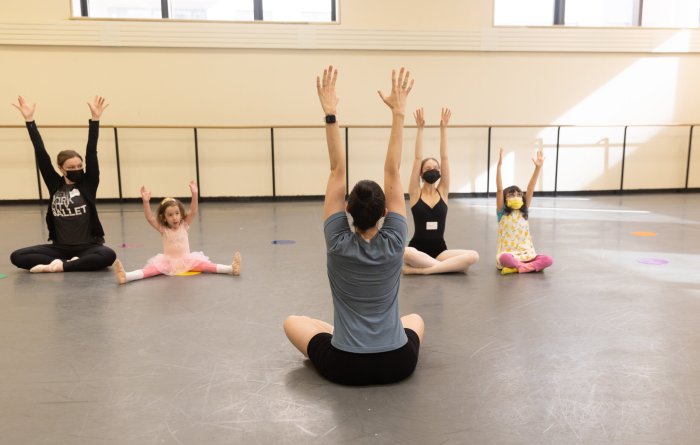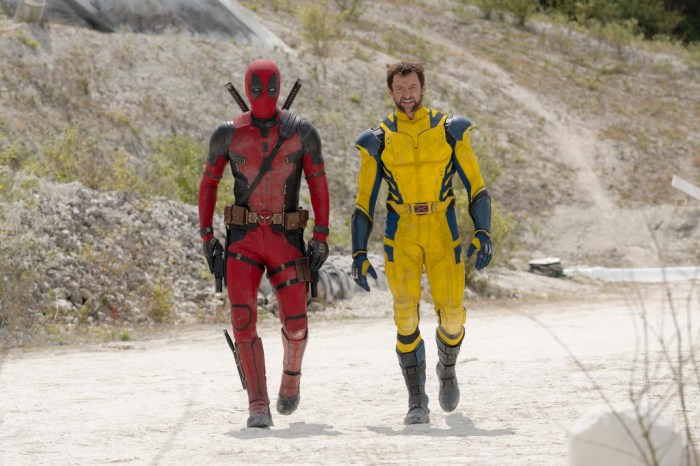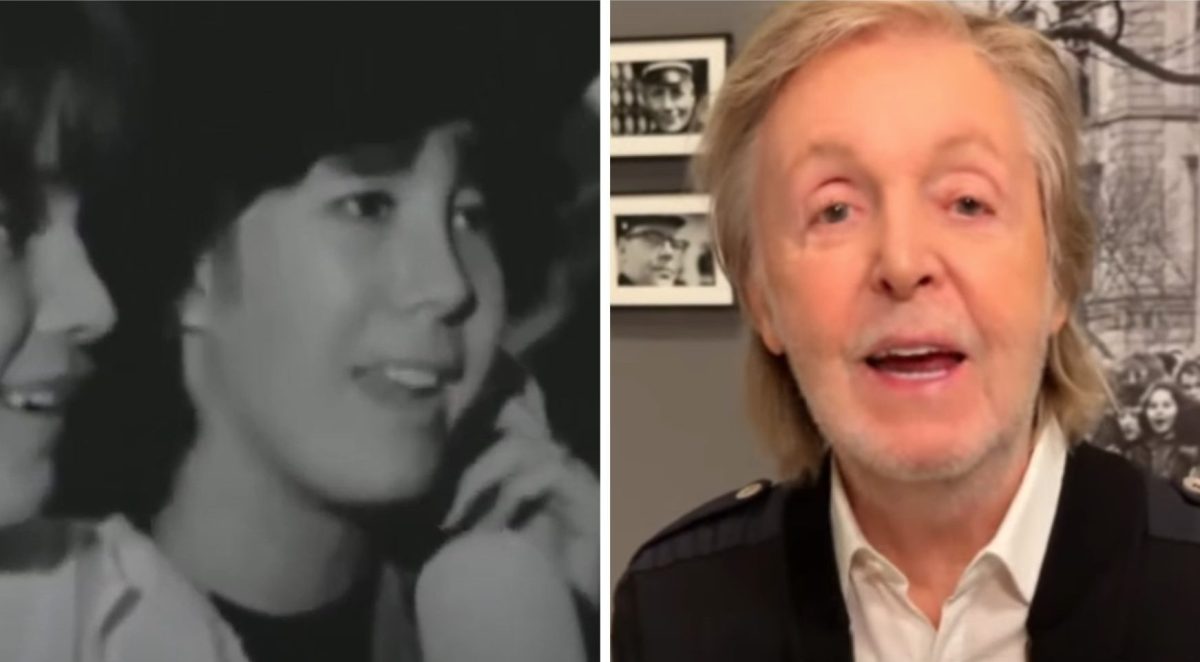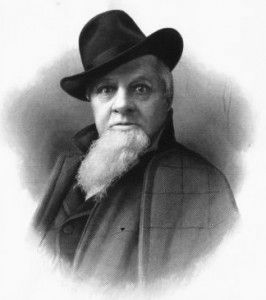Besides “Star Wars,” 2015 offered plenty of opportunities to go to the movies and emerge with a reaffirmed belief in the breadth and power of this one-of-a-kind art form.
Beyond the box office bonanza of “The Force Awakens,” these ten diverse and unforgettable films collectively illustrate the indisputable fact that this might be a golden age of TV, but great cinema is far from dead.
1. “Mad Max: Fury Road”: The fourth movie in a long standing action franchise, and the first new entry in 30 years, simply should not be this great. This kind of thing just doesn’t happen in Hollywood; not these days, or ever. And yet, George Miller’s “Fury Road” is the movie of the year, a one-of-a-kind symphony of kinetic movement with some of the strongest women we’ve ever seen on the big screen. It’s the first film in a long time to actively expand the possiblities of its genre
2. “Kurt Cobain: Montage of Heck”: Finally, a filmmaker has found a way to scale the enormous mountain of mythology and canonization and to arrive at a place of truth in a documentary portrait of Kurt Cobain’s extraordinary life. Bret Morgen’s masterful collage, assembling old footage, sound recordings, interviews and more, evokes something close to the essence of the Nirvana rocker’s humanity, and not the iconic status brought on by his tragic early death.
3. “Bridge of Spies”: Steven Spielberg’s shifts inward to make this epic about Brooklyn attorney James Donovan’s efforts to secure the release of Francis Gary Powers in the wake of the famous U-2 incident of 1960. It’s epic filmmaking on a personal scale layered with modern-day singificance; Tom Hanks opens Donovan’s heart and mind while the movie offers an earnest expression of the sort of patriotism that’s idealized but rarely practiced in the United States these days.
4. “Wild Tales”: This Argentine picture comprised of six short stories illustrating the manic futility of existence is the year’s funniest and most consistently entertaining movie, capturing the spirit of Robert Altman mixed with the surrealism of Luis Buñuel. That the outlandish segments collectively arrive at some measure of truth about modern absurdities is a welcome bonus.
5. “Spotlight”: The nitty-gritty, nuts-and-bolts process of investigating a story — especially a story with a significance that’s not immediately clear — is rendered with clear-eyed detail in Tom McCarthy’s film about the Boston Globe’s uncovering of the sexual abuse scandal in the local archdiocese. The act of reporting has rarely seemed more thrilling or cathartic, and authenticity seeps into the marrow of the picture’s newsroom portrayal.
6. “Brooklyn”: Here’s a movie about a young Irish immigrant to Brooklyn in the 1950s that is astute enough to not limit its scope to her story. It is, instead, a film about the universal realities of the experience of leaving home and going somewhere new, fully invested in the joy and heartbreak of life in a new world.
7. “The Diary of a Teenage Girl”: Female sexuality is too often the province of men in pop culture, shaped and manipulated to fit a point of view that has less to do with truth than it does masculine fantasy. This movie stands opposed to that tradition; it tells its protagonist’s story with a total absence of judgment and an openhearted embrace of her humanity. That’s a significant achievement
8. “Carol”: Todd Haynes understands and communicates the awesome depth and power of a single cinematic composition better than most of his contemporaries. This achingly lovely portrait of the romance between a housewife (Cate Blanchett) and a shopgirl (Rooney Mara) in 1950s New York City, is filled with some of the most heartending pure cinema you’ll find anywhere.
9. “Son of Saul”: Uncompromisingly brutal from start to finish, this Hungarian Holocaust drama from László Nemes watches in extreme close-ups as its protagonist, a Jewish sonderkommando disposing of victims at Auschwitz, tries to preserve some semblance of dignity for a victim. It’s a harrowing reminder of the vile depravity of humanity at its worst, without any false notes of hope to dull the pain.
10. “Timbuktu”: The great Mauritanian filmmaker Abderrahmane Sissako explores the horrors of the jihadist occupation of the Malian city with an urgency that gets at the realities of the situation, evoking the indignities and humiliations inherent in even the most seemingly mundane moments of day-to-day existence there.

















